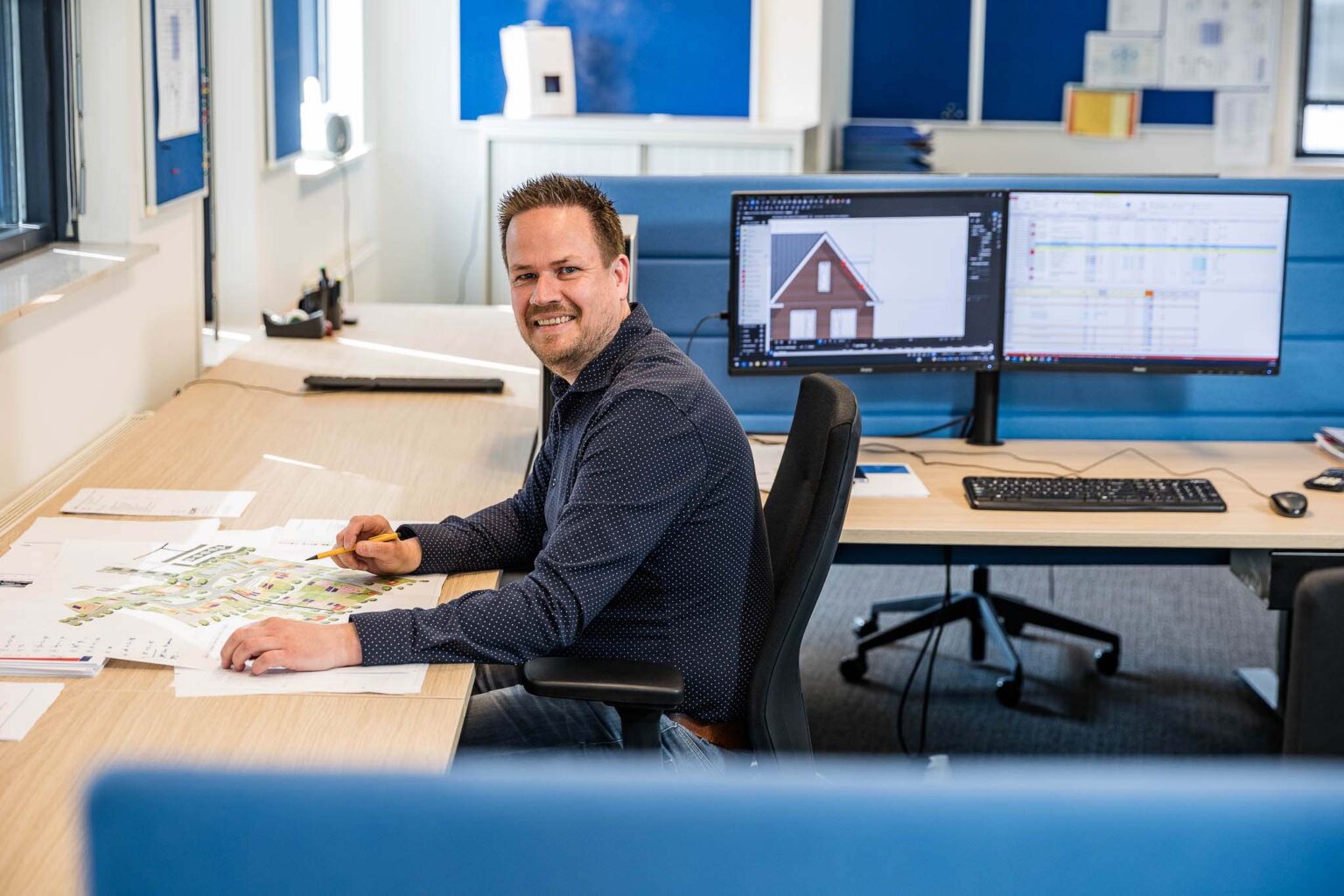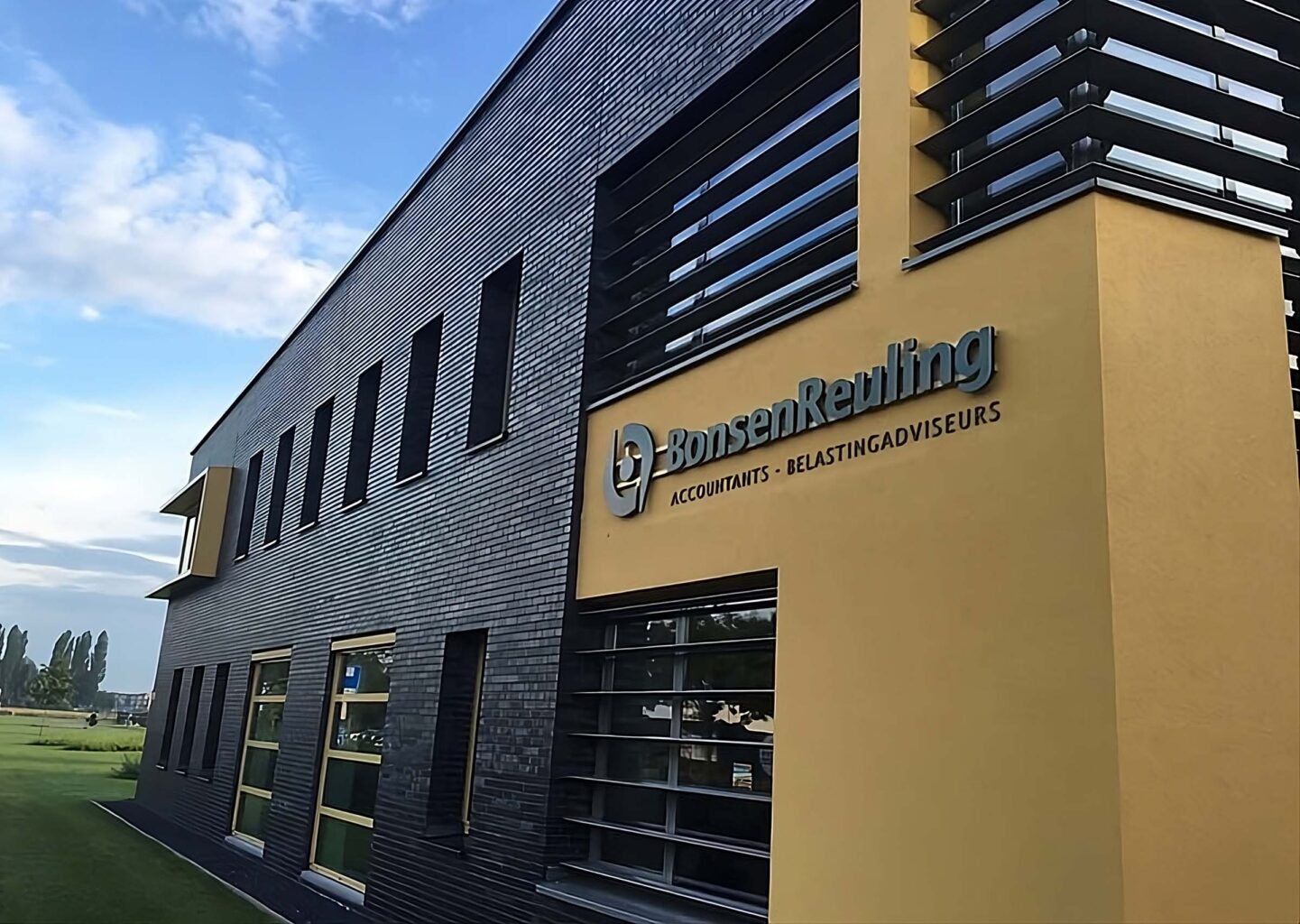
Lucas Education is a dynamic and committed education board with a total of almost 3600 employees and 33,700 pupils. This involves the necessary administration.
“The documents were previously stored unstructured on the server and in the same unstructured way supplemented with documents from the postal registration system (via scanning plus metadata) and information from the iBabs meeting system. Each employee archived these documents in his/her own way. This made it difficult to find the right version. In the meantime, processes, procedures and information flows have been linked, structured and further brought under control with M-Files, implemented by GeONE”.
Culture of network drives
The findability and accessibility of information were the main reasons for the switch to a DMS.
Yde Bleeker, policy advisor Business Process Management and project leader for the M-Files implementation: ‘In the past, working with network drives organised by department has worked well. Accountability, quality and (digital) sustainability are important topics of discussion in boardrooms today. In addition to high quality education, we also want to keep the quality in the (support of the) organization and information supply optimal. This forced us to intervene in the culture of network drives.
Program of Requirements
In the old situation, incoming documents were scanned, provided with metadata (letter numbers, addressee, etc.) after which the parties involved could make these documents available via iBabs, among other things. Documents that needed to be signed were printed, passed by the people involved, were signed and then scanned again. Bleeker: ‘This is a rather cumbersome way of making decisions and available. The staff and the management teams came to the conclusion that implementing a suitable document management system (DMS) was the solution’.
We then drew up a Programme of Requirements for ourselves, which the new DMS would have to meet. From the offers, GeONE came out best with M-Files. The ease of use and the search and find functionality were particularly appealing. The system also needed to be able to communicate with iBabs, our meeting system. However, the presentation by GeONE at our location was the final deciding factor. The project leader, Ronald van der Zon, showed that he had empathized with our situation. He explained the system, unfolded the plan of action and showed how we could best go through the entire process. That made everyone enthusiastic.
Most innovative
M-Files was also chosen by the users because of its innovative character. Bleeker: ‘The way of working was most in line with what the users had in mind. This is important, because people have to want to use a system. It’s all about accountability and retrievability, but users should also benefit from it very directly.
A characteristic of M-Files is that the information is stored on the basis of ‘what’ it is instead of ‘where’ it is stored. Bleeker: ‘That’s exactly what appealed to us. There are plenty of documents within our organisation that could be stored in several files. Within M-Files, the document is now linked to a file via links. When someone requests a file or creates a meeting folder containing documents on a specific subject, all documents with that specific subject are displayed. Even if they were already in another file. In order to achieve this, GeONE has developed the existing workflows in order to be able to make optimal use of M-Files’.
Step-by-step introduction
GeONE works according to an iterative three-step plan for the implementation: first they talk to a number of the key users in order to get a good idea of the processes and wishes. This is the basis for the first process proposal. This is then discussed and discussed in a larger group, after which, if necessary, the final process proposal follows, as it is set up in M-Files. Bleeker: ‘That is where the strength of GeONE lies. This way we were able to adjust the system per department according to need, so that the specific working method of that department was best supported by M-Files,’ says Bleeker. We started with the Facilities Department, which is involved in about half of all documents.
With M-Files, the quality of and control over the provision of information and the availability of that information has been given a considerable boost by Lucas Education. The transition was not so bad for Bleeker. Probably also because we made the right choice with M-Files.



